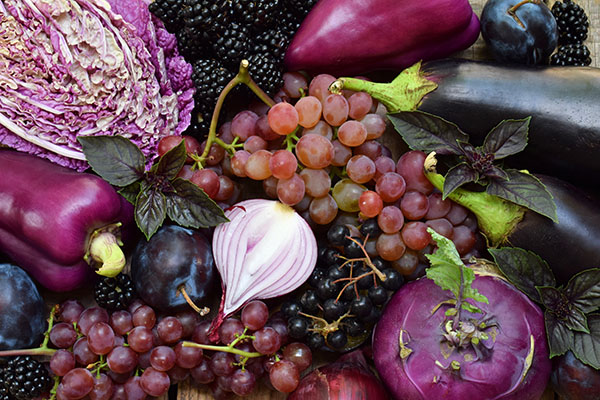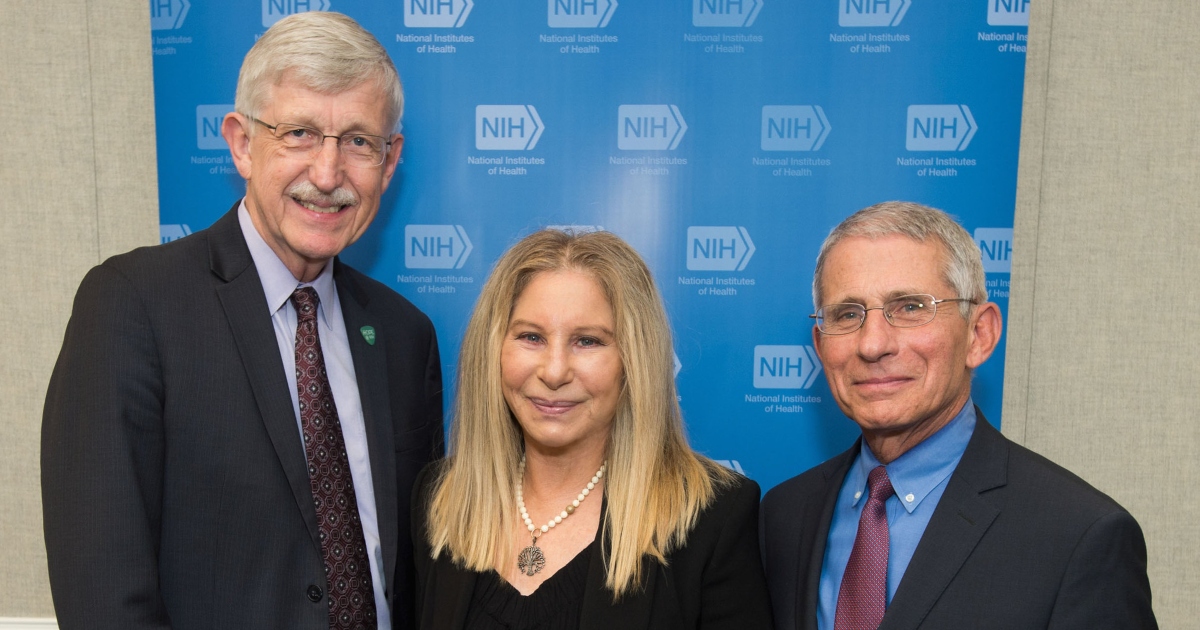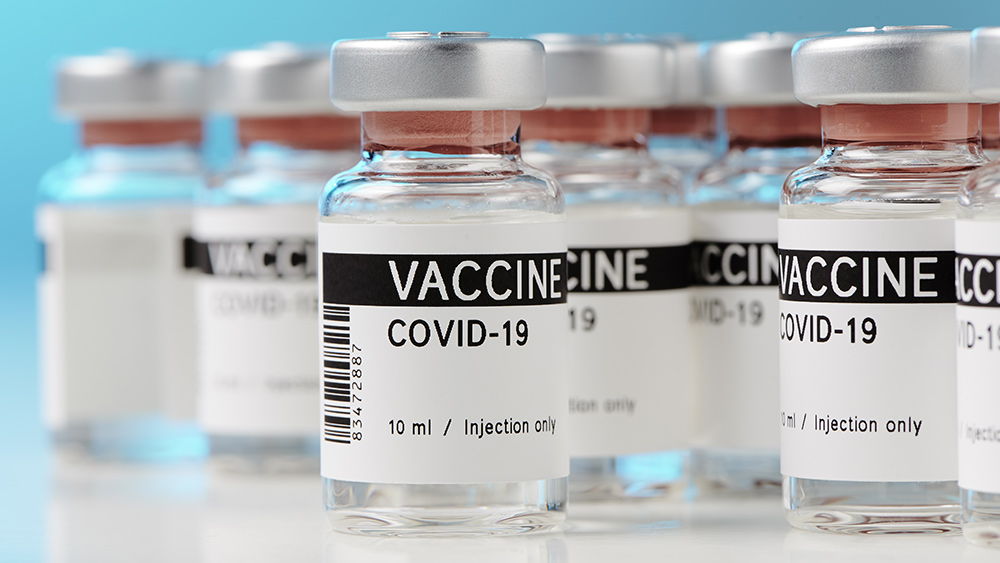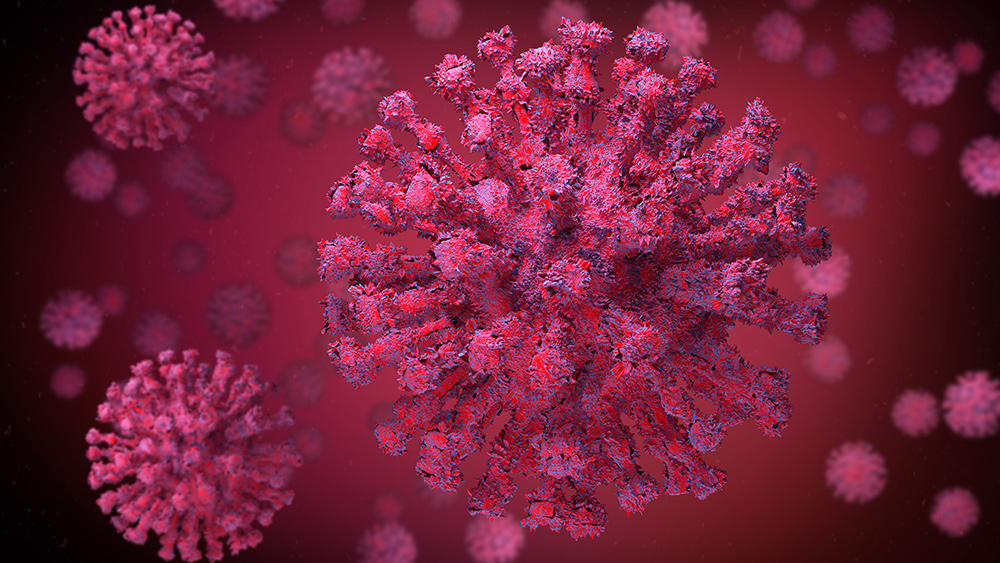The health benefits of quercetin, a powerful antioxidant found in colorful superfoods
01/29/2024 / By Evangelyn Rodriguez

There’s a reason why health experts recommend eating plenty of fruits and vegetables: These foods are incredibly nutrient-dense and they’re rich in antioxidants.
Antioxidants are naturally occurring compounds that help fight inflammation. They do so by neutralizing free radicals that can trigger oxidative stress. Oxidative stress can cause irreparable damage to your cells and their components, and this damage is often the root cause of many chronic conditions.
Because of the protective benefits of antioxidants, including plenty of plant-based foods in your diet is crucial for your health. One of the most abundant antioxidants you can get from fruits and vegetables is quercetin.
Quercetin belongs to a group of plant pigments with potent antioxidant properties called flavonoids. Flavonoids are present in different parts of a plant, such as its stem, bark, root and flowers. They can also be found in abundance in organic fruits, vegetables and other plant-based foods with vibrant hues.
Flavonoids play a variety of important roles in plants, such as giving color and aroma to flowers, attracting pollinators, protecting plants from various stressors and promoting resilience to frost or drought.
In humans, dietary flavonoids like quercetin have been linked to a number of health-supporting effects, thanks to their antioxidant, anti-inflammatory, anti-mutagenic and anti-carcinogenic properties, as well as their ability to modulate key cellular enzyme functions.
Health benefits of quercetin
Quercetin-type flavonols (primarily quercetin glycosides), the most abundant of the flavonoid molecules, are widely distributed in plants. They are found in a variety of foods, such as apples, berries, cruciferous vegetables, capers, grapes, onions, shallots, tea and tomatoes.
Quercetin can also be found in many seeds, nuts, flowers, barks and leaves. In fact, quercetin is one of the most common bioactive compounds in many medicinal herbs, such as Ginkgo biloba, St. John’s wort (Hypericum perforatum) and black elderberry (Sambucus canadensis).
Food sources of quercetin include vegetables, fruits, berries, nuts, beverages and other plant-based products. To get the highest amount of quercetin possible from these dietary sources, make sure to choose organic produce.
According to research, organically grown tomatoes contain 79 percent more quercetin than conventionally grown ones, suggesting that the way foods are grown impacts their quercetin content. Aside from organic produce, quercetin is also present in various kinds of honey from different plant sources and in dietary supplements.
Here are the science-backed health benefits of quercetin: (h/t to Blog.PaleoHacks.com)
Reduces inflammation
Chronic inflammation has been implicated in the development and progression of many serious diseases, such as arthritis, Alzheimer’s disease, cardiovascular disease and diabetes. Research published in 2004 also linked chronic inflammation to different types of cancer, noting its role in various stages of cancer progression.
Although inflammation is a normal part of the body’s immune response, prolonged inflammation has been shown to cause damage to cells, tissues and organs. One effective way to reduce inflammation is to increase your intake of foods rich in antioxidant and anti-inflammatory compounds like quercetin. Studies have found that quercetin can inhibit inflammatory enzymes, such as cyclooxygenase, and decrease the levels of C-reactive protein, a marker of inflammation.
Boosts the immune system
Your immune system is your body’s first line of defense against pathogens, such as viruses, bacteria and fungi. Boosting your immune system is a great way to avoid illnesses, and this is easily done by adopting a healthy lifestyle and eating plenty of immune-boosting foods, such as fruits and vegetables that contain quercetin. According to studies, quercetin has immunomodulatory properties that can help support healthy immune responses.
In addition, quercetin is a potent antiviral compound capable of inhibiting the early stages of viral infection, suppressing viral replication and reducing inflammation caused by a viral infection. Thanks to its antiviral activities, quercetin can also help strengthen your immunity against viruses that cause common illnesses. (Related: Study: Quercetin offers key benefits for your heart and immune system.)
Helps reduce allergic reactions
There’s a reason why the main ingredient of many anti-allergic medications is an extract of quercetin: As a potent immune-modulator, quercetin can not only help reduce inflammation, but it can also relieve allergic symptoms. Cell culture studies show that quercetin can prevent immune cells from releasing histamine, the chemical responsible for many of the symptoms of allergy, such as a runny nose or sneezing.
Because of its anti-allergic properties, researchers believe that quercetin can also be used to treat bronchial asthma, allergic rhinitis and anaphylactic reactions caused by the ingestion of food allergens. (Related: Potent plant compound quercetin offers relief from allergies.)
Helps fight cancer
According to several cell culture studies, quercetin is a powerful anticancer agent that can inhibit the proliferation of a wide range of cancers, such as prostate, liver, lung, breast, bladder, blood, colon, ovarian, lymphoid and adrenal cancer cells.
A study published in the journal Frontiers in Immunology also reported that quercetin can suppress the growth of tumors by reducing the development of new blood vessels. This process, known as angiogenesis, is what tumor/cancer cells rely on to get more nutrients and oxygen to sustain their growth.
Aside from inhibiting angiogenesis, studies have found that quercetin can also induce programmed cell death, or apoptosis, in cancer cells by increasing the expression of pro-apoptotic molecules. Quercetin can also trigger the mitochondrial apoptosis pathway and decrease the expression of anti-apoptotic molecules.
Prevents and treats COVID-19
Targeting viral proteins responsible for viral entry into host cells is a viable mechanism for inhibiting viral infections. Quercetin has proven itself to be a potent antiviral that inhibits the entry of viruses into cells by interacting with hemagglutinin (HA2 subunit), a glycoprotein that allows viruses to infect cells.
Another way to inhibit or slow down viral infection is to target various stages of the virus’s life cycle, such as the assembly and release of mature virus particles from the cells. Quercetin has been shown to reduce the copy numbers of NP and M2 proteins, which code for influenza viral nucleoproteins and channel proteins, respectively.
Quercetin is also effective against the SARS virus, which SARS-CoV-2 – the virus that causes Wuhan coronavirus (COVID-19) infection – shares a close resemblance to. Quercetin is believed to work against the COVID virus by inhibiting various stages of the virus’s life cycle. In human cells, quercetin can alter the expression of 30 percent of the genes that encode protein targets of SARS-CoV-2, potentially interfering with the activities of 85 percent of these proteins. Through this mechanism, quercetin can help prevent COVID-19 infection.
Another promising approach to preventing COVID-19 is to inhibit the interaction between the COVID-19 spike protein and angiotensin-converting enzyme (ACE2), which facilitates infection. Cell culture studies show that quercetin at physiologically relevant concentrations can prevent this interaction, making it a potent antiviral agent against COVID-19. (Related: HERBS BEAT COVID: Taiwanese study: Two TCM formulations significantly reduce progression of COVID-19.)
Quercetin and its derivatives have also been shown to target 3-chymotrypsin-like protease (3CLpro), an important enzyme for viral replication. By binding to this protein, quercetin can stop the COVID-19 virus from replicating and infecting healthy cells.
As reported by studies, quercetin exerts its antiviral effects without harming healthy cells. Supplementing with quercetin is a viable treatment option for COVID-19 patients, thanks to the flavonoid’s ability to inhibit viral replication.
Quercetin is a potent antioxidant, antiviral, anti-inflammatory, anticancer, anti-allergic and immunomodulatory agent. Enjoy the many health benefits of this phytonutrient by adding more organic fruits and vegetables to your daily diet.
Watch the video below to learn more about quercetin and what makes it so good for your health.
This video is from the Holistic Herbalist channel on Brighteon.com.
More related stories:
Quercetin can protect you from the harmful effects of pesticides.
Potent plant compound quercetin offers relief from allergies.
Quercetin: A flavonoid that fights COVID like hydroxychloroquine.
Quercetin: A natural painkiller for people with IBS.
Study shows combining quercetin and tocotrienols can help fight cancer.
Sources include:
OnlineLibrary.Wiley.com 1 [PDF]
Submit a correction >>
Tagged Under:
allergies, alternative medicine, anti-inflammatory, anticancer, antioxidants, antiviral, covid-19, food cures, food is medicine, food science, healing, health science, immune system, infections, natural cures, natural health, natural medicine, natural remedies, phytonutrients, prevention, quercetin, virus
This article may contain statements that reflect the opinion of the author
RECENT NEWS & ARTICLES
SpikeProtein.news is a fact-based public education website published by SpikeProtein News Features, LLC.
All content copyright © 2021 by SpikeProtein News Features, LLC.
Contact Us with Tips or Corrections
All trademarks, registered trademarks and servicemarks mentioned on this site are the property of their respective owners.




















